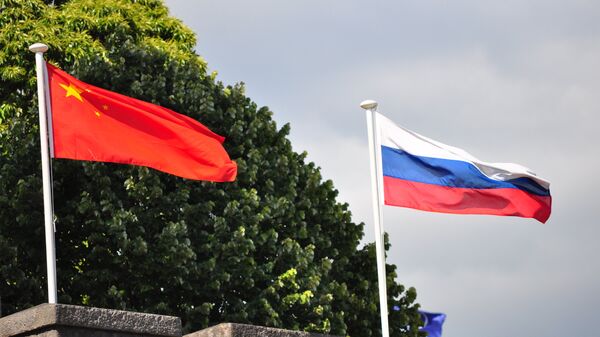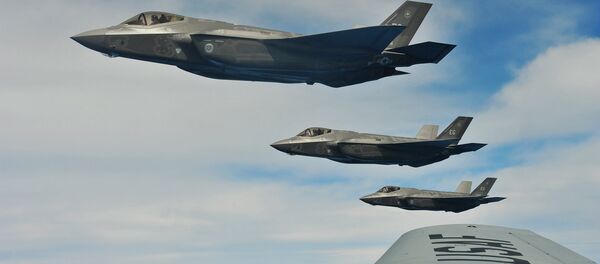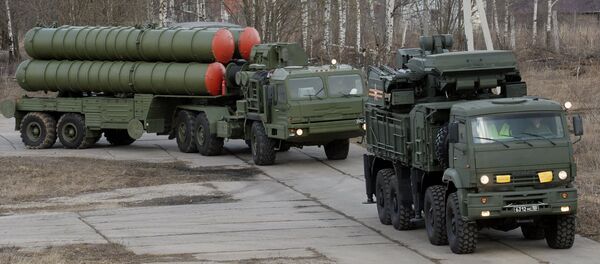In an interview with China National Radio published Sunday, Professor Jin Canrong of the Institute of International Relations at Renmin University explained Russia and China's common positions regarding the Second World War, noting that the Chinese leadership's participation in May's victory celebrations in Moscow signifies the high level of Russian-Chinese relations.
"Russia and China have similar positions on questions related to the Second World War," Professor Jin told the broadcaster. "Both countries made an enormous contribution to the war, and for both the price of victory was very high."
Jin explained that "in addition to the joint threat of historical revisionism, China and Russia have a similar historical experience, including the relations of the US toward both these countries. Together, these factors bring Moscow and Beijing closer together, pushing them toward political cooperation. They are gathering together to celebrate 70 years of victory in the Great Patriotic War, and the Sino-Japanese War. This decision, of course, reflects the fact that the Russian-Chinese partnership is presently at a fairly high level. Personally, I believe that this period can last for a long time, since it is based in the mutual interests of both countries."




